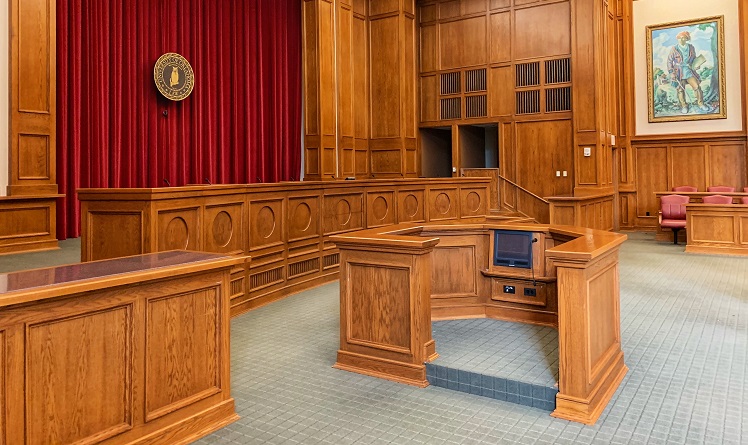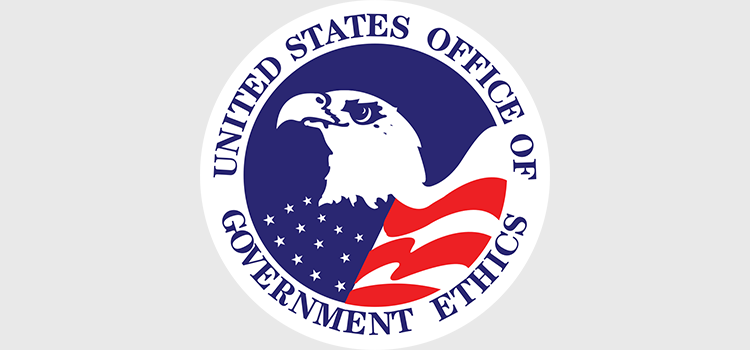Menu
Hot-Topics
February 19, 2026 | SCOTUS Reaffirms Fourth Amendment Standard for Police Responding to Household Emergencies
Category: Historical

The Sixth Amendment’s Confrontation Clause Under Crawford v. Washington
In Crawford v. Washington, 541 U.S. 36 (2004), the U.S. Supreme Court overhauled the test for determining whether a hearsay statement is admissible in a criminal trial. The Court held that testimonial statements of witnesses absent from trial are on...

State’s Sovereign Immunity Under Alden v Maine
In Alden v. Maine, 527 U.S. 706 (1999), the U.S. Supreme Court held that Congress can’t use its Article I powers under Constitution to subject unconsenting states to suit in state court. The decision extended the Court’s prior holding in Seminol...

Standing Under the Supreme Court’s Landmark Lujan v Defenders of Wildlife Decision
Lujan v. Defenders of Wildlife, 504 U.S. 555 (1992), is one of the Supreme Court’s most important decisions on the issue of standing, which determines whether a party can bring a lawsuit. In a landmark decision, the Court narrowed the concept...

Massachusetts v. EPA Sets the Standard for Climate Lawsuits
With climate change lawsuits on the rise, environmentalists are concerned that the conservative-leaning Supreme Court may revisit a landmark environmental law decision. In Massachusetts v. EPA, 549 U.S. 497 (2007), the Court ruled by a vote of 5-4 t...

Ray v. Blair First Addressed Faithless Electors
In Ray v. Blair, 343 U.S. 214 (1952), the U.S. Supreme Court first considered the notion of “faithless electors,” members of the Electoral College who fail to vote for their party’s designated candidate. The Court held that a party’s elector...

Gertz v. Welch Established Defamation Standard for Private Individuals
In Gertz v. Robert Welch, Inc., 418 U.S. 323 (1974), the U.S. Supreme Court established the legal standard for defamation claims brought by private individuals. It held that private individuals need not show malice as required under the Court’s de...

Separation of Powers Under Morrison v. Olson
In Morrison v. Olson, 487 U.S. 654 (1988), the U.S. Supreme Court upheld the independent counsel provisions of the Ethics in Government Act of 1978. According to the Court, the provisions did not impermissibly interfere with the President's aut...

Graham v Connor Established Standard for Excessive Force Claims
In Graham v. Connor, 490 U.S. 386 (1989), the U.S. Supreme Court established the legal framework for evaluating excessive force claims against law enforcement officers. Under the Court’s decision, courts must apply the objective reasonableness sta...
Previous Articles
SCOTUS Decision in Bowe v. United States Is First of the 2026 Term
by DONALD SCARINCI on February 5, 2026
In Bowe v. United States, 607 U.S. ___ (2026), the U.S. Supreme Court held that Title 28 U.S.C. § ...
SCOTUS Rules State Can’t Immunize Parties from Federal Civil Liability
by DONALD SCARINCI on January 29, 2026
In John Doe v. Dynamic Physical Therapy, LLC, 607 U.S. ____ (2025) the U.S. Supreme Court held that...
Supreme Court to Address Racial Discrimination in Jury Selection
by DONALD SCARINCI onWhile the U.S. Supreme Court has concluded oral arguments for the year, it continues to add cases t...
The Amendments
-
Amendment1
- Establishment ClauseFree Exercise Clause
- Freedom of Speech
- Freedoms of Press
- Freedom of Assembly, and Petitition
-
Amendment2
- The Right to Bear Arms
-
Amendment4
- Unreasonable Searches and Seizures
-
Amendment5
- Due Process
- Eminent Domain
- Rights of Criminal Defendants
Preamble to the Bill of Rights
Congress of the United States begun and held at the City of New-York, on Wednesday the fourth of March, one thousand seven hundred and eighty nine.
THE Conventions of a number of the States, having at the time of their adopting the Constitution, expressed a desire, in order to prevent misconstruction or abuse of its powers, that further declaratory and restrictive clauses should be added: And as extending the ground of public confidence in the Government, will best ensure the beneficent ends of its institution.
Awards





